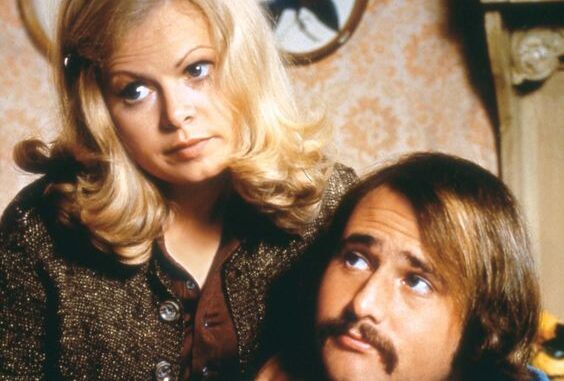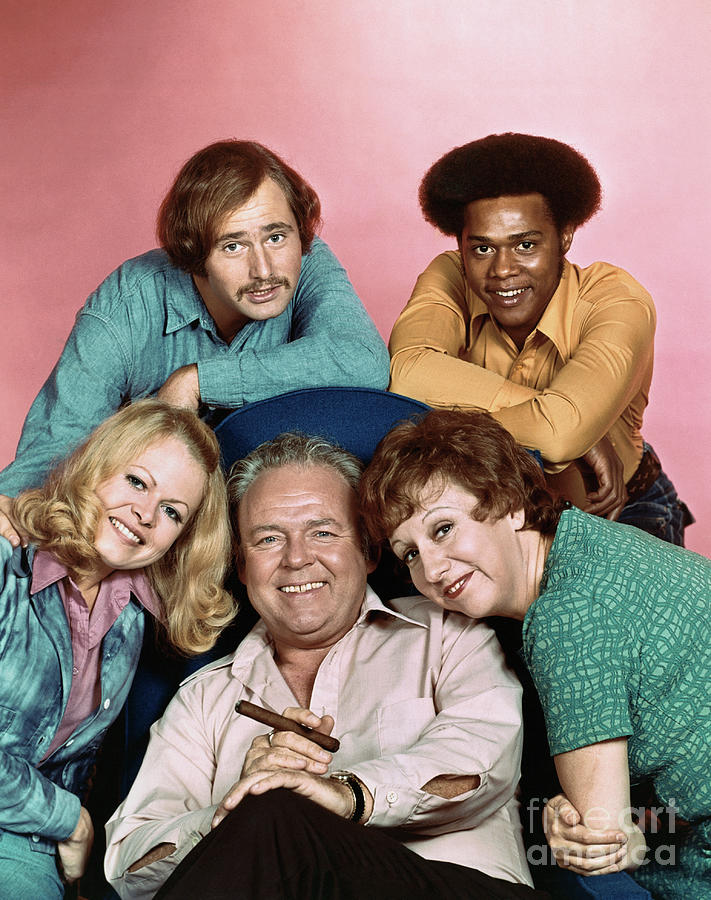
The Media Dramas of Norman Lear
Ihave been trying to figure out what is so fascinating about the comedies of Norman Lear. Right now, six of Mr. Lear’s shows are being broadcast every week to a prime-time audience: “All in the Family,” “Maude,” “Good Times,” “The Jeffersons,” “Sanford and Son,” and “hot l baltimore.” The first five programs named are currently among the dozen most popular programs in the nation, while the sixth, and newest, “hot l baltimore” (the title refers to the Hotel Baltimore, a riffraffy version of “Grand Hotel”), after just six weeks, has received a warm reception, despite a degree of wariness on the part of network-affiliate stations, several of which appear to think that in populating his run-down inn so freely with prostitutes, homosexuals, and other social misfits Mr.

Lear may have been pushing his gift for jokey topicality farther than the mass audience will bear. Even so, it’s probably a good bet that roughly a hundred and twenty million Americans watch Norman Lear comedies each week—which adds up to a total of roughly five billion viewers every year. Perhaps what is most fascinating about Mr. Lear’s œuvre is the dimensions of its success, for he seems to be one of those ordinary but uncommon figures who come along every so often in our mass-entertainment culture and manage to achieve—more or less single-handed and with the appearance of naturalness—what tens of thousands of business geniuses and consumer theoreticians spend half the energies of the Republic vainly striving after; namely, a “feel” for what the public wants before it knows it wants it, and the ability to deliver it.
What is not so fascinating about Lear programs is easier to determine. Surprisingly, they are not very funny, for the most part, which is to say that the level of acting—at least, the stage presence of the actors—is generally of a higher order than the humor in each show: the jokes and joke situations. The humor is not bad, but it certainly isn’t brilliant. “In my building, the roaches are so big that the crunch drowns out the television.” And “Deep down, you know, he respects you.” “Yes, but I don’t want to dive that deep.”

On the whole, there are few unusual comedy routines in Lear comedies, and there has been virtually no introduction or creation of striking new comedy characters, with the possible exception of Archie Bunker, in “All in the Family,” who was transplanted from the successful BBC series “Till Death Us Do Part,” and, in any case, derives from a mass-entertainment cartoon that stretches back from William Bendix and Wallace Beery to Sancho Panza and Shakespeare’s Pistol. And even Bunker, who has most of the best lines in his show, is given an overabundance of easy malapropisms: “Salivation Army,” “Let him who is without sin be the rolling stone,” “ ‘Pilferers will be prosecuted’ means ‘Queers stay out of the men’s room.’ ” In fact, much of the aura of comedy in Lear shows (as in other television comedy programs, with the exception of Carol Burnett’s) derives from television’s electronic institutionalizing of the old theatrical claque: the sound track of taped audience laughter, which rises and falls, whoops, giggles, and shrieks, taking on a blurry identity of its own, like a lunatic Greek chorus, and nudging the isolated viewers into an impression of high spirits.

If the level of humor in Lear comedies is routinely professional—which in itself wouldn’t be unusual, save for the enormous success of the programs—what is more visible is the level of anger. For, while the sound track is laughing, the characters in Lear comedies are mainly snarling. Again, Archie Bunker stands as the prototype of the Lear angry-man character. When Bunker first appeared on American screens, in 1971, representing the politically and socially threatened silent-majority blue-collar worker, his outbursts on politics and race were taken as quaintly liberating and timely. They also had a specific quality and direction to them: blacks moving into the neighborhood, or being hired at a nearby factory. For some time now, though, Bunker’s anger has become random—a random musical note that is methodically sounded by the script as it travels through each half hour. It is an accepted form of stage business.
